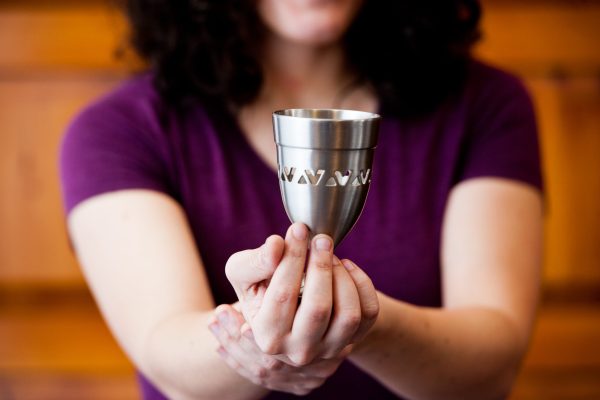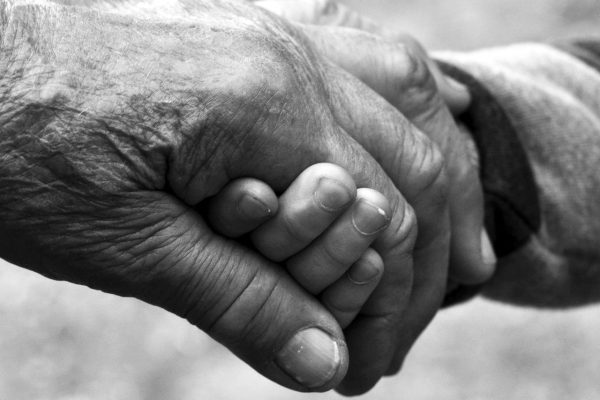Four girls dwell within us.
WISE GIRLS
At times, we are wise girls, strong and confident in what we know and in who we are, curious and eager to learn more, seeing clearly through tangled and complex dilemmas and able to make wise and appropriate decisions for ourselves and on behalf of others. Yet, as wise girls, we risk growing complacent in our knowledge, smug in the “superior” wisdom of the status quo, and so caught up in the pursuit of learning and producing that we neglect others around us and our own well-being.
WICKED GIRLS
At other times, we are wicked girls: angry, rebellious, critical, and negative. We set ourselves apart from our community, feeling, perhaps, that we don’t belong and not understanding that it is we, not others, who place ourselves on the outside. Yet it is as wicked girls that we are able to see our world from another perspective, to see that sometimes “the Emperor wears no clothes,” and to speak up and criticize what is wrong and what is unjust.
SIMPLE GIRLS
At times, we are simple girls, relaxed and playful, enjoying life without questioning, analyzing, or examining deeply, loving others with passion that cannot be expressed in words, and being loved in return without any logic or reason. Yet, as simple girls, we risk missing the color and texture of our complex universe, and we may forfeit the opportunity to contribute to tikkun olam, the repair and healing of the world.
GIRLS WHO DON’T KNOW HOW TO ASK
At other times, we are girls who don’t know how to ask, we don’t understand, we find that we cannot speak the language of the people in our company, we are struck dumb by a profound or strange new experience, or we are fearful because nothing like this has ever happened to us before. If we can remain silent, and tolerate our fear and our inability to speak for a while, we may discover worlds of riches we couldn’t possibly have imagined. But if our fear paralyzes us, if we lose confidence and withdraw from the world, or if it is fear of others that silences us, we truly need to be brought out from our slavery “by a strong and mighty arm.”
Each girl within us needs the other girls. The wise girl needs the forcefulness of the wicked, the playfulness of the simple, and the sense of wonder of the speechless one. The wicked needs the erudition of the wise, the self-acceptance of the simple, and the contemplative spirit of the speechless. The simple needs the diligence of the wise, the clear vision of the wicked, and the confusion of the speechless. And the one who is struck dumb needs the words of the wise, the shout of the wicked, and the song of the simple.
At different times, each of our girls appears: we are, in turn, interested and curious, frustrated and angry, calm and contented, sad and fearful. It is easy to praise the wise, scold the wicked, smile with the simple, and rescue the speechless. It is less easy to challenge the wise, to love and appreciate the wicked, to prod the simple, and to allow the dumb-struck to struggle with confusion. Another part of ourselves, the parent, must judge how each of our children is to be treated in turn, knowing when to attend and when to ignore, how best to encourage each girl’s “special gifts” and discourage destructive tendencies.
All of these exist within us, sometimes in harmony and other times in cacophony. They also exist outside us, in our parents, siblings, children, friends and colleagues—the people in the world who are a multifaceted mirror through which we see ourselves. Passover is a time of liberation from slavery. May we all come to know and accept our own four girls, so that we can become whole and free.
Ruth Berger Goldston is a psychotherapist in Princeton, New Jersey, and a former Chair of the National Havurah Committee.











